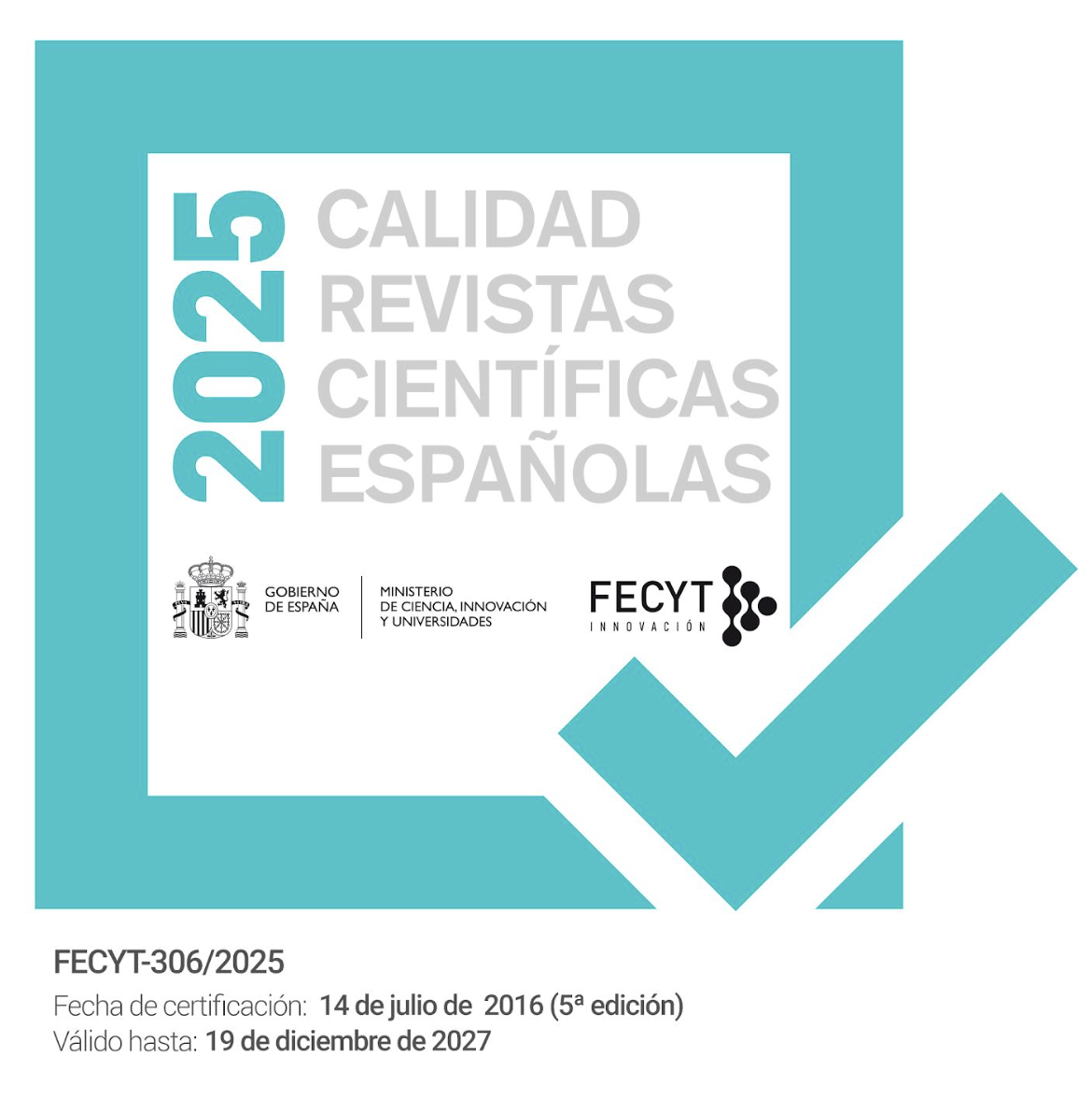Consumption, crisis and middle classes: changes and continuities in the discourses of the Spanish middle class on consumption before the Great Recession of 2008
DOI:
https://doi.org/10.22325/fes/res.2022.82Keywords:
consumerism, economic crisis, middle classes, discourse analysis, focus groupsAbstract
This paper addresses the discourses that develop part of the Spanish middle classes about consumption before the economic crisis of 2008 and its evolution once the crisis has started. It is proposed to analyze the senses built on consumption, as well as to calibrate the extent to which these discourses have been modified through of "discursive cuts" with the advent of the great recession, according to the existing literature. The methodological and empirical basis of the work is qualitative: five discussion groups conducted in various Spanish cities in 2004 are analyzed. The method of analysis developed follows the socio-hermeneutical orientation of the sociological discourse analysis. The results provide light on the cynical and legitimizing role of the middle classes in relation to consumption in pre-crisis periods, as well as evidence of the impact of periods of crisis on the images and valuations of consumer relations.
Published
How to Cite
Issue
Section
License
Copyright (c) 2021 Marc Barbeta

This work is licensed under a Creative Commons Attribution-NonCommercial 4.0 International License.
• The transfer of the copyright of the article to Revista Española de Sociología.
• The assignment to the Revista Española de Sociología of the rights of commercial exploitation of the article to third parties both in the offset and digital formats, as well as to the search engines and platforms that may serve as intermediaries for the sale or knowledge of the article.



